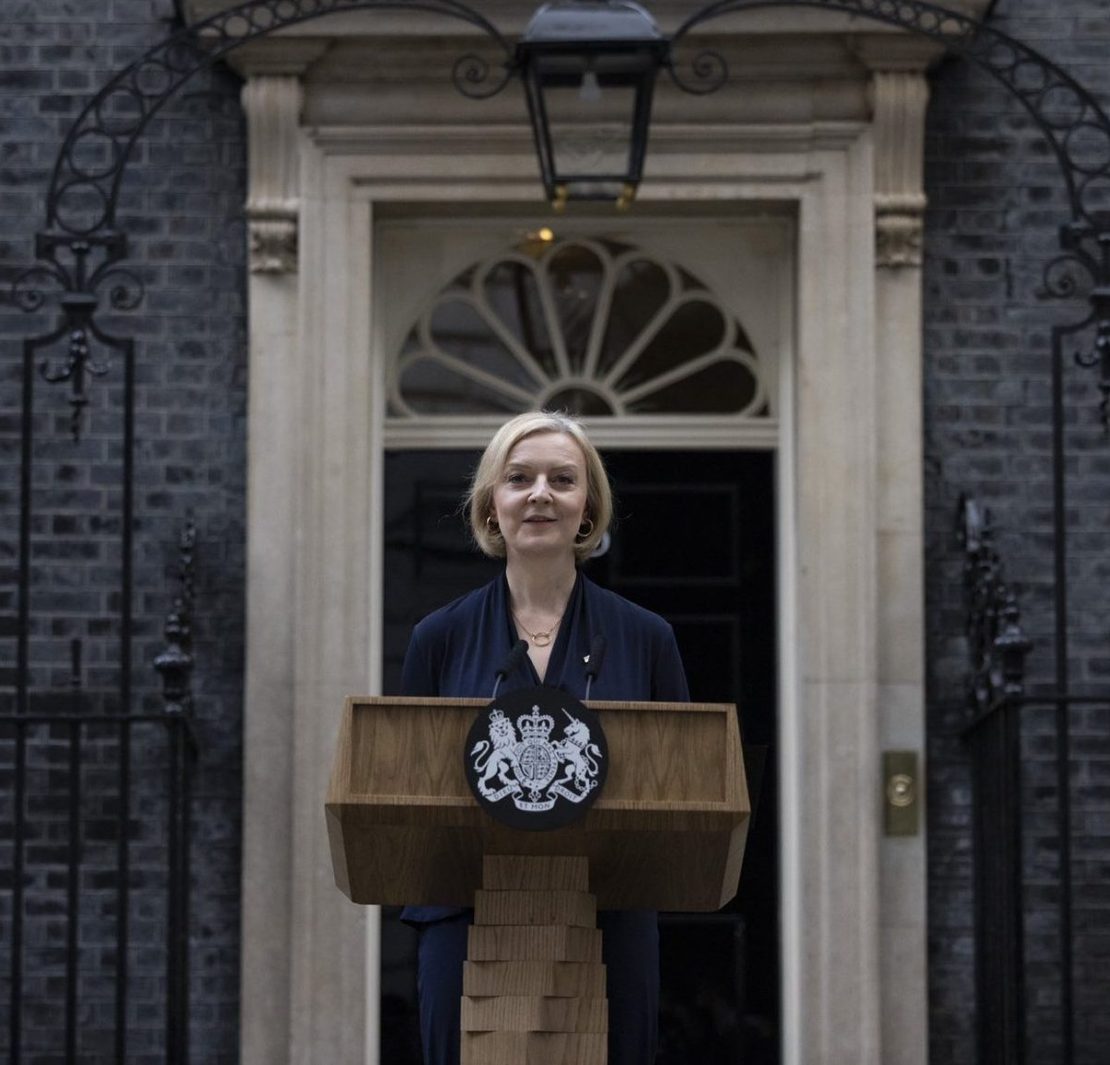Liz Truss, the British Prime Minister, announced her resignation on Thursday, ending a brief and turbulent stint. She was controversial for introducing policies that led to instability in the financial markets. There was a party uprising that weakened her position of power as well. Speaking outside the doors of her Number 10 Downing Street office, Truss accepted that she had lost the faith of her party and said she would step down next week, becoming the shortest-serving prime minister in British history.
I recognise however that, given the situation, I cannot deliver the mandate on which I was elected by the Conservative Party.
I have therefore spoken to His Majesty The King to notify him that I am resigning as Leader of the Conservative Party.
— Liz Truss (@trussliz) October 20, 2022
Following weeks of unrest caused by her economic platform, an increasing number of MPs had called for Truss to step down. Her retirement, the third by a Conservative Prime Minister in as many years, leaves the party split and looking for a leader who can bring its feuding factions together.
Truss announced massive tax cuts, including the elimination 45% tax rate on top earners and the rollback of other tax hikes. At the same time, the government committed to spending billions to shield households from rising energy costs spurred by the conflict in Ukraine. The Bank of England had to step in after the pound fell and investors dumped British bonds.
Markets reacted positively after Liz Truss announced her resignation on Thursday. The pound rose against the dollar, touching $1.13 at one point before slipping back. Shares also moved upwards initially on the FTSE 100, and the government’s borrowing costs fell. However, with the economy heading into recession and inflation running at a 40-year high, millions of Britons are struggling with a cost-of-living crisis.
The fact that yet another unpopular Prime Minister was forced from office highlights how tumultuous British politics have grown since Brexit. Among those expected to run for the role are Rishi Sunak, who remains deeply unpopular with parts of the Conservative Party. If voted into power, Sunak would become the first person of colour to hold the position of Prime Minister of the UK.




